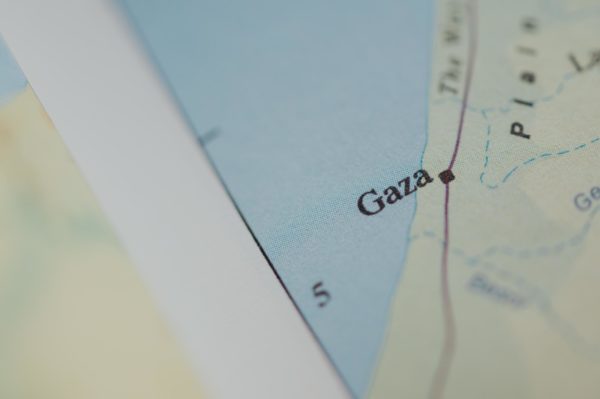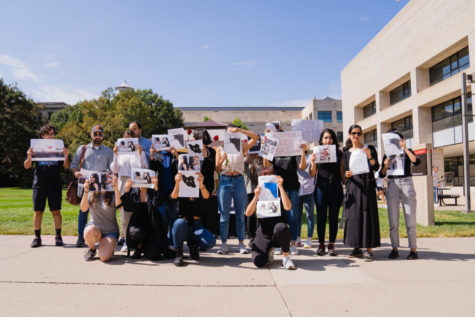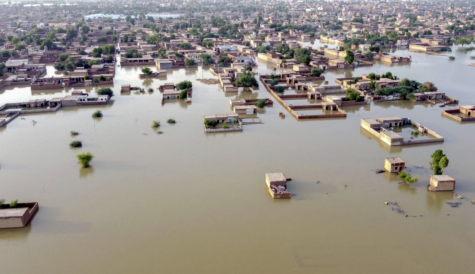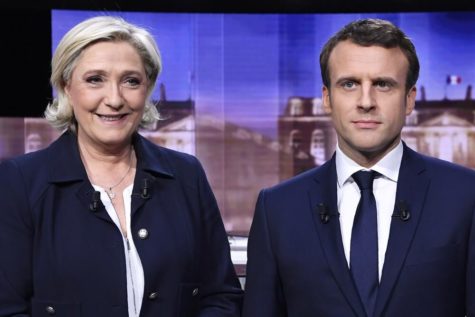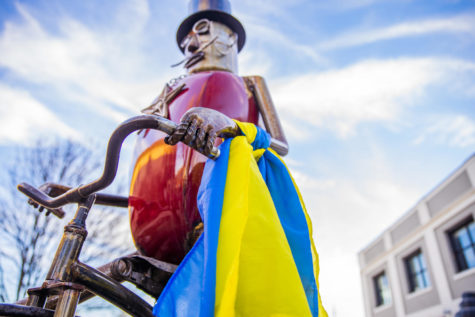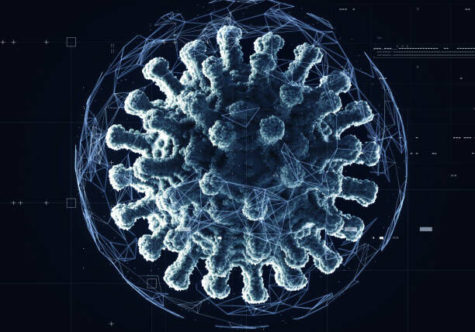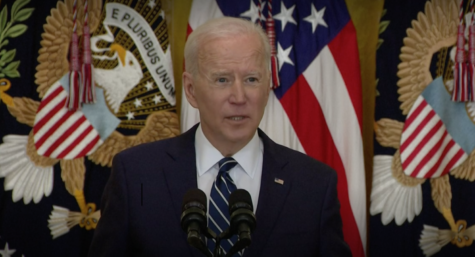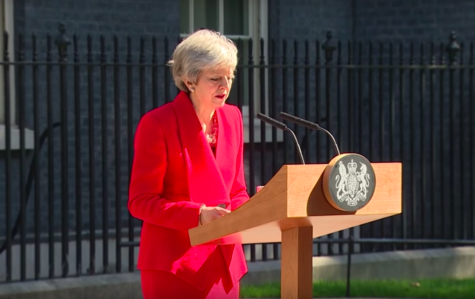Defectors in Syria strike pro-regime office
November 17, 2011
(CNN) — Army defectors in northwestern Syria — armed with rocket-propelled grenades — attacked a pro-government youth group office and clashed with Syrian security personnel Thursday, activist groups said.
Security forces also arrested dozens during raids in Harasta, the location of the air intelligence base outside Damascus that was attacked a day earlier by the Free Syrian Army, a band of military defectors confronting Syrian President Bashar al-Assad’s regime.
The developments stoke fears that the violence will spread. The ongoing attacks on government buildings in Syria, Russian Foreign Minister Sergey Lavrov said Thursday, “look like a civil war.”
The defectors Thursday targeted the Revolutionary Youth Association office in the Idlib province town of Maaret Al Nu’man and fought Syrian security personnel at the scene, according to the Syrian Observatory for Human Rights and the Local Coordination Committees of Syria.
The groups didn’t identify the assailants as Free Syrian Army members.
There was no word of casualties in the Maaret Al Nu’man incident, but security personnel killed at least 13 people across Syria and explosions and gunfire rocked the suburbs of the capital, Damascus, the LCC said.
The dead include four military defectors outside the western city of Hama. Nine civilians also died: four in Idlib, two in Homs, two in Deir Ezzor, and one outside Hama. One of those killed was a child, the LCC said.
The LCC reported raids and arrests in Hama neighborhoods, snipers in Idlib, demonstrations in Deir Ezzor and the southern city of Daraa, and the continuation of raids and arrests in the Idlib province town of Kafrouma.
The state-run Syrian Arab News Agency denied a report about “armed attacks against security and al-Baath headquarters ” in and around Maaret Al Nu’man. It said “armed terrorist groups” killed three citizens in Idlib province and sabotaged property. They also said 57 “terrorists” were arrested and weapons were confiscated in Kafrouma.
One expert, Andrew Tabler of the Washington Institute for Near East Policy, said the defectors’ strike on air intelligence reflects the growing sophistication of the Free Syrian Army and “opens up a new era of the conflict.” The group said it planted “powerful explosions inside and around the compound that shook its foundations.”
Air intelligence has been deeply involved in the eight-month crackdown by the Syrian government against protesters, he said
“Until now, most of the protests have been peaceful,” Tabler said.
International leaders have been intensifying their pressure on al-Assad to end violence against protesters in the uprising, which the United Nations says has killed well over 3,500 people. Russia and Turkey are the latest world powers to weigh in on the crisis.
“Violence in Syria must stop — whatever its origin,” Lavrov said.
Turkish Prime Minister Recep Tayyip Erdogan compared the reaction to the Libyan and Syrian crises, according to the semi-official Anatolian Agency. NATO forces helped Libyan rebels oust the Moammar Gadhafi regime in Libya, but international powers haven’t intervened in Syria.
“I want you to know that the people losing their lives in Syria are just as human as those who lost their lives in Libya. That those who had the appetite for Libya remain silent and without reaction in the face of the slaughters in Syria opens wounds hard to repair in human conscience,” Erdogan said.
Germany, France and Britain will hand in a draft U.N. resolution Thursday condemning the Syrian government’s actions, a German diplomatic spokesman in New York told CNN on Wednesday. Diplomats from Arab countries are considering co-sponsoring the resolution.
A Western diplomat told CNN that Saudi Arabia, Qatar and possibly Morocco and Jordan will be coming on board to co-sponsor the resolution.
European Union foreign policy chief Catherine Ashton on Thursday reiterated her call for al-Assad to step down, her spokeswoman said.
Ashton spoke to reporters after a meeting with Lavrov in Moscow.
“The future of Syria now depends on the ability of all of us to keep pressure on them to see that there is a need to stop this violence, to listen to the people, and to find a way to move forward in its reforms. I am confident that we will see a positive development in the next few days,” Ashton said, according to the Interfax news agency.
Jordan’s King Abdullah has said that a person in al-Assad’s position would step down, a statement observers interpreted as a call for the Syrian president to do just that.
According to Interfax, Ashton said she is confident that Abdullah would “reiterate the position that it’s about time for President Assad to go.”
The Arab League voted to suspend Syria’s membership. But the league, which met in Rabat, Morocco, on Wednesday, gave Damascus three days to implement a protocol to allow observers to enter the nation and verify whether Syria has taken measures to protect civilians.
The league has also called on member states to withdraw their ambassadors from Damascus, a decision that will be up to each nation. In a sign of Syria’s growing international isolation, Morocco withdrew its ambassador to Syria, the country’s state-run media said.
France also withdrew its ambassador Wednesday after attacks on its missions in the nation.
Lavrov said Russia supports “the idea of observers working there.”
“As far as I know, the Syrian leadership said several days ago that it was willing to receive observers from the League of Arab States and guarantees their presence in any part of the country and in any community, so they could see what is going on with their own eyes,” he said.
“We also deem important the start of negotiations between all parties in Syria on a peaceful settlement in Syria as soon as possible, and we believe that the most optimal place for such negotiations would be” the Arab League headquarters in Cairo.
CNN is not able to independently verify claims of fighting and casualties because the Syrian government has restricted international media access to the country.
— CNN’s Ivan Watson, Ben Wedeman, Nada Husseini, Mohamed Fadel Fahmy, Kim Chakanetsa, Max Tkachenko, Stephanie Halasz and Ben Brumfield contributed to this report






